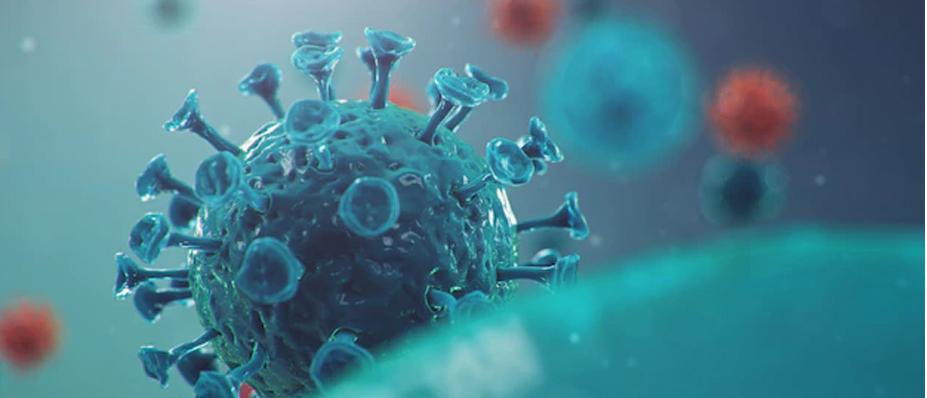COVID is infamous for wreaking havoc in almost every body organ. COVID signs can be seen in the heart, lungs, skin, and also in the digestive system.
Apart from COVID another big challenge is dealing with long COVID, in which COVID symptoms are seen weeks and months after the infection. These symptoms linger in an individual for several months. Researchers are still studying the various causes behind the possibility of long COVID conditions.
Both COVID and long COVID conditions do not limit to the respiratory tract only
As both COVID and long COVID conditions do not limit to the respiratory tract only, this proves COVID is not just a respiratory disease and its impact on other organs can range from mild to severe.
According to one review study done in September 2020, 53% of people hospitalized with COVID experienced at least one digestive symptom.
The best way to deal with COVID and long COVID is to spot the symptoms.
Here are the common symptoms of COVID associated with the digestive system:
- Diarrhea
The occurrence of diarrhea in COVID patients is not that heavily reported as fever or headache. This might be the reason why many people do not associate this digestive problem with COVID.
As per ZOE COVID Symptom Study app diarrhea is a clear symptom of COVID. As per the app, the diarrhea caused by COVID is no different than the stomach issues caused by a bug like rotavirus or norovirus.
In case of COVID, diarrhea is seen during the early days. However, people can also suffer from bouts of diarrhea during long COVID.
The app says, 30% of adults aged above 35 years of age had diarrhea during COVID.
- Make an effort to chill out
Take time to actively let go of anger and resentment. Constantly holding on to negative feelings can have unwanted, damaging effects on your overall health. Chronic anger may induce headaches, anxiety, and high blood pressure. Here’s a tip on how to move past these less than desirable feelings: Identify and allow yourself to feel the underlying emotions such as hurt, unhappiness, and fear. Allow yourself to sit with your feelings and understand how you may have contributed to the circumstances that have led to your anger. Share your feelings with a friend or journal about it. Sometimes getting things out of your system also helps!
- Abdominal pain
Unexplained abdominal pain can be a sign of COVID. If you have come across any infected person or have contracted the virus from somewhere, there is a slim chance you might experience stomach pain in the early days of the infection. The occurrence of abdominal pain during COVID infection is not widely reported, but its occurrence can not be ruled out even.
- Nausea and Vomiting
The coronavirus host receptor, angiotensin-converting enzyme, is found in the gastrointestinal epithelium. "Notably, some patients have nausea/vomiting as the first clinical manifestation of COVID-19, which is often overlooked by people. It is now clear that not only the lungs, the gastrointestinal tract could also be attacked by SARS-CoV-2. Its host receptor angiotensin-converting enzyme 2 (ACE2), which acts as a gateway to infection, has been found to be highly expressed in the gastrointestinal epithelium and may lead to the development of nausea/vomiting," says a 2021 research study.
- Gastrointestinal bleeding
Gastrointestinal bleeding or vomiting up blood is an uncommon sign of COVID. A 2021 research study associates gastrointestinal symptoms with worse outcomes in COVID patients.
Another New York cohort study found that gastrointestinal bleeding was seen in 3% of hospitalized COVID patients, and a bleed developing during hospitalization was tied to greater mortality.
- Lack of appetite
One in three people infected with COVID skip their meals, as per the data collected by the ZOE COVID Symptom Study app.
While loss of appetite is often seen in unwell people, its link with COVID is a matter of concern as it can worsen the health condition in young children and older people. "Losing your appetite is an early sign of COVID-19. For adults over 35, it lasts for an average of four days but can take a week or more to pass. In those younger than 35, it tends to only last two to three days and gets better within a week," says the app.
Source : timesofindia.indiatimes.com
Also Read : 5 Things To Add To Your Health Checklist In 2022



Contact Us